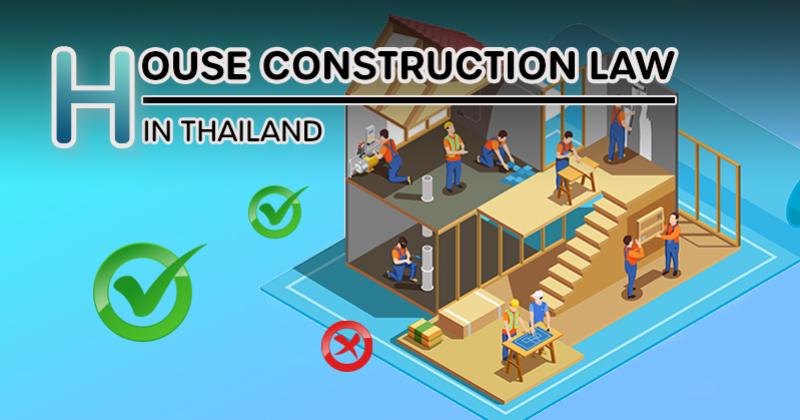
Created : 14 Nov 2023
Updated : 14 Nov 2023
The expressway project connecting the mainland to Samui
The bridge across Koh Samui with 7 possible routes, covering distances of 22-29 kilometers. The estimated investment exceeds 50 billion Baht. The feasibility study is expected to be completed by 2025, with an Environmental Impact Assessment (EIA) report submitted. The project is planned for cabinet approval in 2028, and construction is anticipated to take 4 years.
On August 8, 2566, the Expressway Authority of Thailand (EXAT) held the first public consultation meeting, initiating the project feasibility study for the Samui Bridge Expressway. The meeting covered aspects of engineering, economics, finance, and environmental impact. Mr. Sureshchet Laopulok, Director of EXAT, and Mr. Chuen Nattadej Kansukul, Governor of Nakhon Si Thammarat Province, jointly presided over the meeting. The objective was to present the project's background, significance, preliminary concepts, alternative routes, initial designs, processes, steps, and the operational plan. This provided an opportunity for all relevant stakeholders in the area to be informed about the project from its inception and to participate by providing feedback and suggestions for consideration in the ongoing feasibility study. Approximately 150 participants attended the meeting, representing government agencies, private sector entities, local authorities, educational institutions, academic experts, community leaders, and members of the public. The meeting took place at Fortune 2 Meeting Room, Grand Fortune Hotel, Nakhon Si Thammarat.
For the Samui Bridge project, connecting Koh Samui District in Surat Thani Province to Khanom District in Nakhon Si Thammarat Province, covering a total distance of over 20 kilometers, the estimated construction cost is around 50 billion Baht.
The project's route has been designed with the starting point in Koh Samui District, Surat Thani Province, and the endpoint in Khanom District, Nakhon Si Thammarat Province.
The starting point has three potential locations as follows
The endpoint has three potential locations as follows
According to information from the Expressway Authority of Thailand (EXAT) revealed to Isra News, the project values for each of the 7 routes are still under study. These values will need to be calculated along with the cost of land expropriation in certain areas. However, based on inquiries with consulting companies, the estimated project values are roughly between 25,000 and 50,000 million Baht for all 7 routes. Routes 1-3 are projected to start from Don Sak District, Surat Thani, with a distance of 28-30 kilometers, while Routes 4-7 are anticipated to commence from Khanom District, Nakhon Si Thammarat, with a distance of 22-25 kilometers.
Today, our page is presenting information about The expressway project connecting the mainland to Samui, hoping that it will be beneficial for all of you who come here to read. Additionally, The Property Center page also has many other great articles that you can read. If any of you are looking to find a house or other real estate, you can entrust your property to us for sale. We have clients contacting us every day, and we will professionally handle the work on your behalf. The Property Center warmly welcomes all homeowners. We have a team that posts on various online media platforms and creates advertisements in newspapers and marketplaces. These services are free, and we only charge a commission fee of 3-5%. Please contact us promptly.
Thanks for the information
https://mgronline.com/business/detail/9660000071335
https://www.matichon.co.th/region/news_4105855#google_vignette

